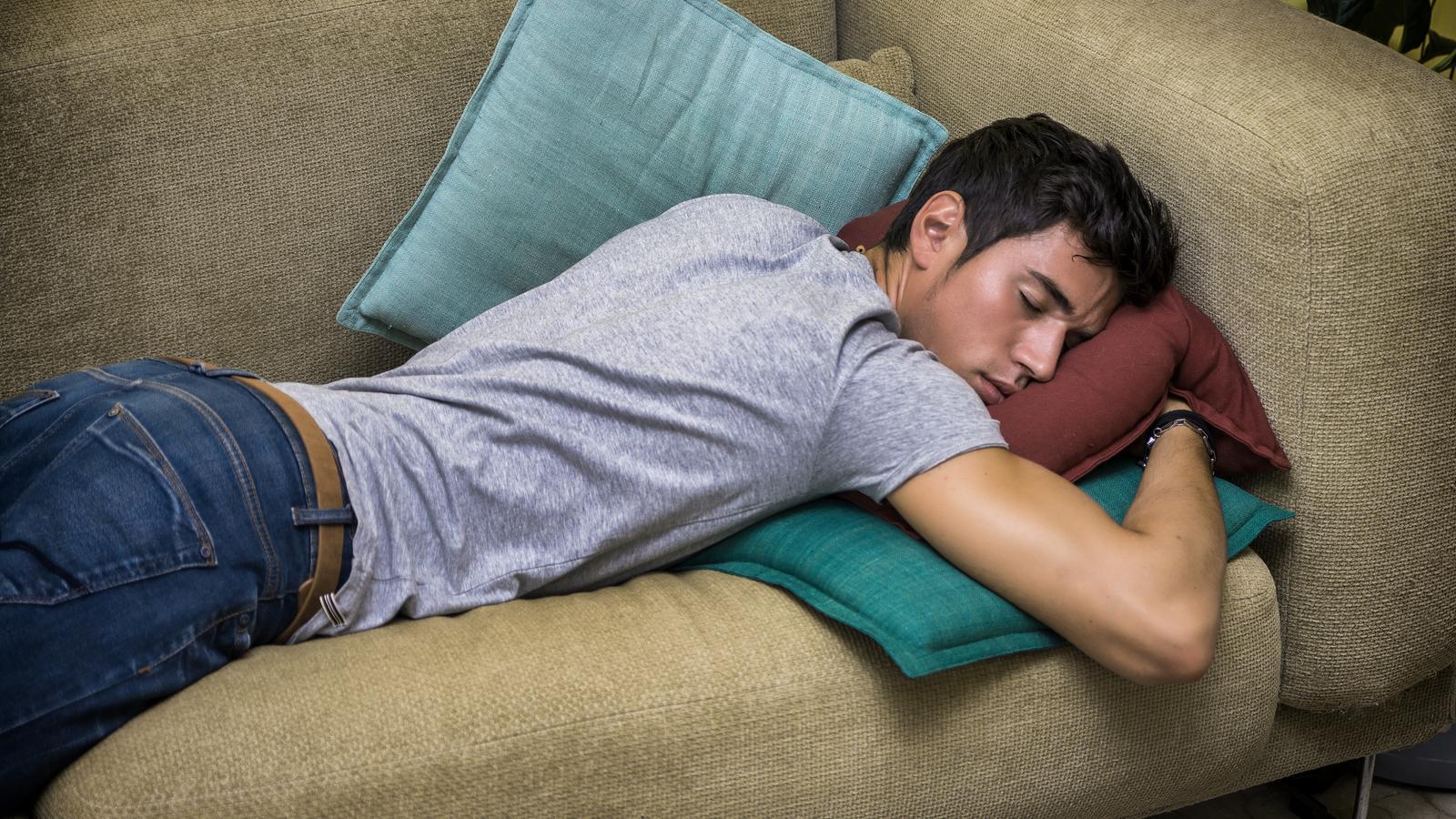Mid-day walks in summer: long, short, or not at all?
The optimal becaine should last twenty minutes, although we can extend it up to an hour and a half without it being harmful.

Emilia Redolar, a neuroscientist and professor of health sciences at the UOC, explains that the optimal nap should last 20 minutes, although we can extend it to an hour and a half without it being harmful. It's after 90 minutes that a nap could have negative effects, as it can generate mental overload and negatively impact sleep the following night.
According to Redolar, therefore, adjusting summer naps to a reasonable time window (between 20 and 90 minutes) can be beneficial in the field of neuroscience. In her defense, she cites evidence from scientific publications. Several studies have concluded that taking an optimal nap duration is beneficial in various aspects.
First, it improves cognitive performance in tasks that measure short-term memory, those related to execution, and those that measure visuomotor performance (which is the ability to coordinate vision with body movements). Neuroimaging studies have also shown that napping makes different neural networks function better, such as the so-called Default Mode Network (DMN), which is very important for creative and abstract thinking. Therefore, the second conclusion is that it improves the functioning of our brain.
Finally, a good nap is positive for mental health, as it improves the ability to control the stress response.
